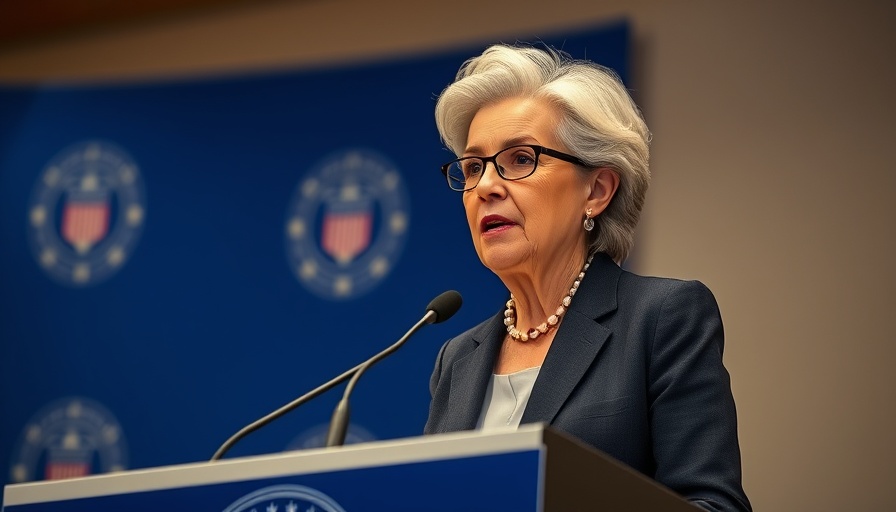
Understanding the Controversy: Former Harris County DA in Hot Water
The legal drama surrounding former Harris County District Attorney Kim Ogg has taken a new turn as a judge has mandated her to explain why she should not be held in contempt of court regarding the Jocelyn Nungaray murder case. This decision underscores the serious implications of public declarations in ongoing criminal investigations, especially for someone in Ogg's former position.
Implications of Contempt of Court
Contempt of court is a legal remedy designed to uphold the authority of the court and its orders. Kim Ogg’s case exemplifies the precarious balance between a public official’s right to free speech and the need to maintain the integrity of legal proceedings. By allegedly violating a gag order, Ogg faces the possibility of fines or even jail time, which could impact her reputation and future opportunities in public service and law.
The Nature of the Allegations Against Ogg
At the core of the contempt proceedings are accusations that Ogg publicly disclosed confidential information about Franklin Peña, a suspect in the Nungaray case. This was purportedly done during an interview shortly before a court hearing. The gag order, initially established to prevent prejudicing the jury pool, clearly outlines restrictions on sharing specifics of the case, highlighting why Ogg’s comments triggered these legal actions.
A Broader Context: The Role of Public Officials
The case sheds light on the responsibilities of public officials. Ogg’s comments, which she promoted as part of her engagements—such as speaking at the Kingwood Tea Party—sparked outrage among legal circles. It raises a critical point: how should public officials navigate their roles without undermining ongoing investigations? The ethical responsibilities of elected officials are frequently scrutinized, but legal repercussions like those faced by Ogg are less common, leading to significant discussions about professional conduct.
Crisis Management: Ogg’s Path Forward
As she prepares to appear in court, the question remains: how will Ogg defend herself against these contempt allegations? It will be crucial for her to present a robust argument that justifies her statements and activity surrounding the gag order. Legal experts suggest that her defense could hinge on the interpretation of what constitutes a violation of a gag order, complicating the case further.
Future Predictions: Legal and Political Ramifications
The outcome of the contempt proceedings could have lasting consequences not only for Ogg personally but also for the political landscape in Harris County. Should she be held in contempt, it could tarnish her public image, impact future elections, and set a precedent for how similar cases are handled in the future. The legal repercussions extend beyond Ogg; they may foster a culture of caution among public officials when engaging with the media.
Related Cases and Comparisons
Historically, similar scenarios involving public figures have resulted in a range of outcomes. For instance, when Illinois Governor Rod Blagojevich faced legal issues due to misconduct, the repercussions were not limited to legal penalties; they fundamentally altered the political profile of the state. Such cases illustrate the importance of accountability in governance and the potential fallout from missteps.
The Importance of Following Legal Protocols
In navigating the complexities of public office and legal responsibilities, it is paramount for officials to adhere strictly to legal protocols. Ogg's case serves as a cautionary tale for current and future public servants on the importance of respecting gag orders and other legal boundaries in order to maintain the integrity of the justice system.
Conclusion: The Stakes for Ogg and the Community
As the court date looms, the stakes have never been higher for Kim Ogg. The case encapsulates the intricate interplay between law, politics, and public perception. For the citizens of Harris County, the implications of this legal battle extend beyond the courtroom, reflecting on trust in law enforcement and the legal system at large.
 Add Element
Add Element  Add Row
Add Row 



Write A Comment